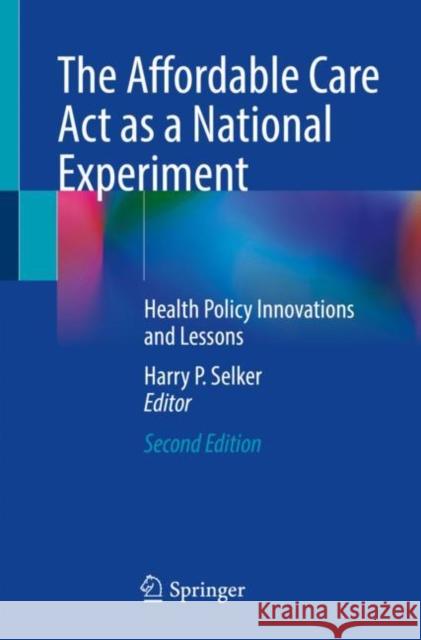The Affordable Care ACT as a National Experiment: Health Policy Innovations and Lessons » książka
topmenu
The Affordable Care ACT as a National Experiment: Health Policy Innovations and Lessons
ISBN-13: 9783030667252 / Angielski / Miękka / 2021 / 128 str.
Kategorie BISAC:
Wydawca:
Springer
Język:
Angielski
ISBN-13:
9783030667252
Rok wydania:
2021
Wydanie:
2021
Ilość stron:
128
Waga:
0.23 kg
Wymiary:
23.37 x 19.56 x 0.51
Oprawa:
Miękka
Wolumenów:
01











